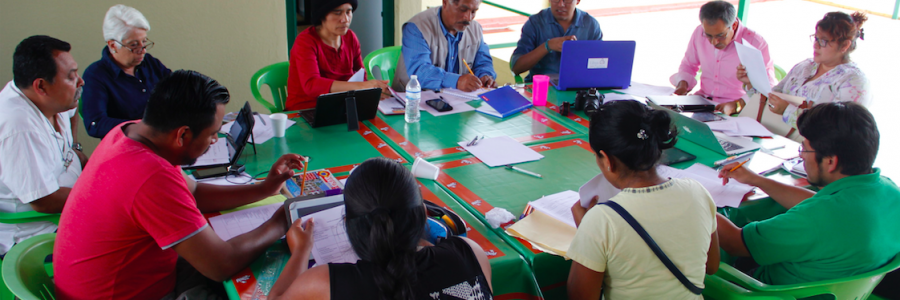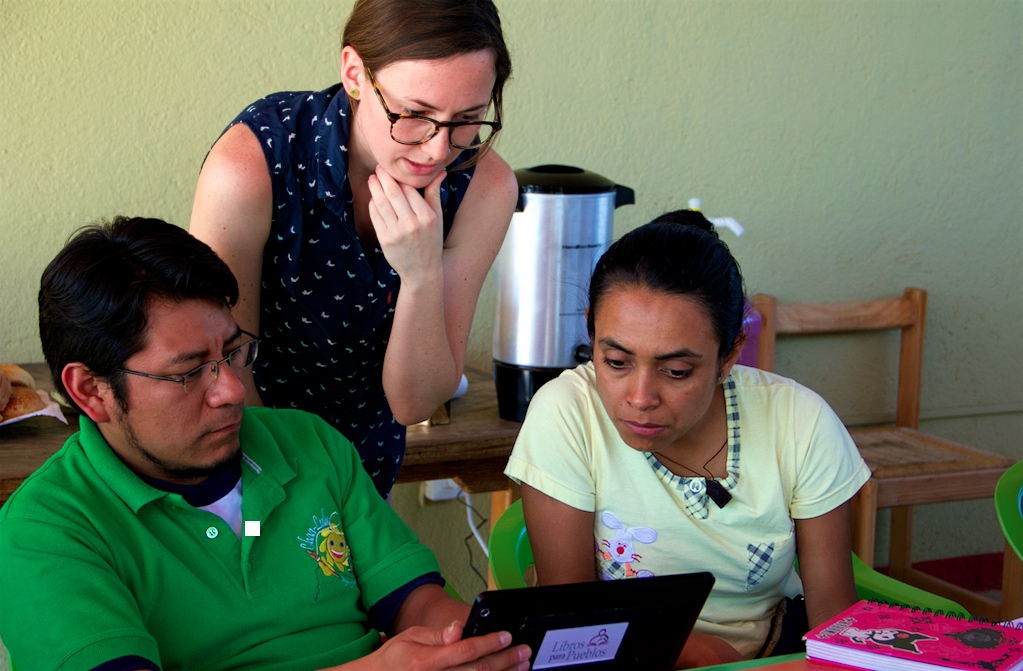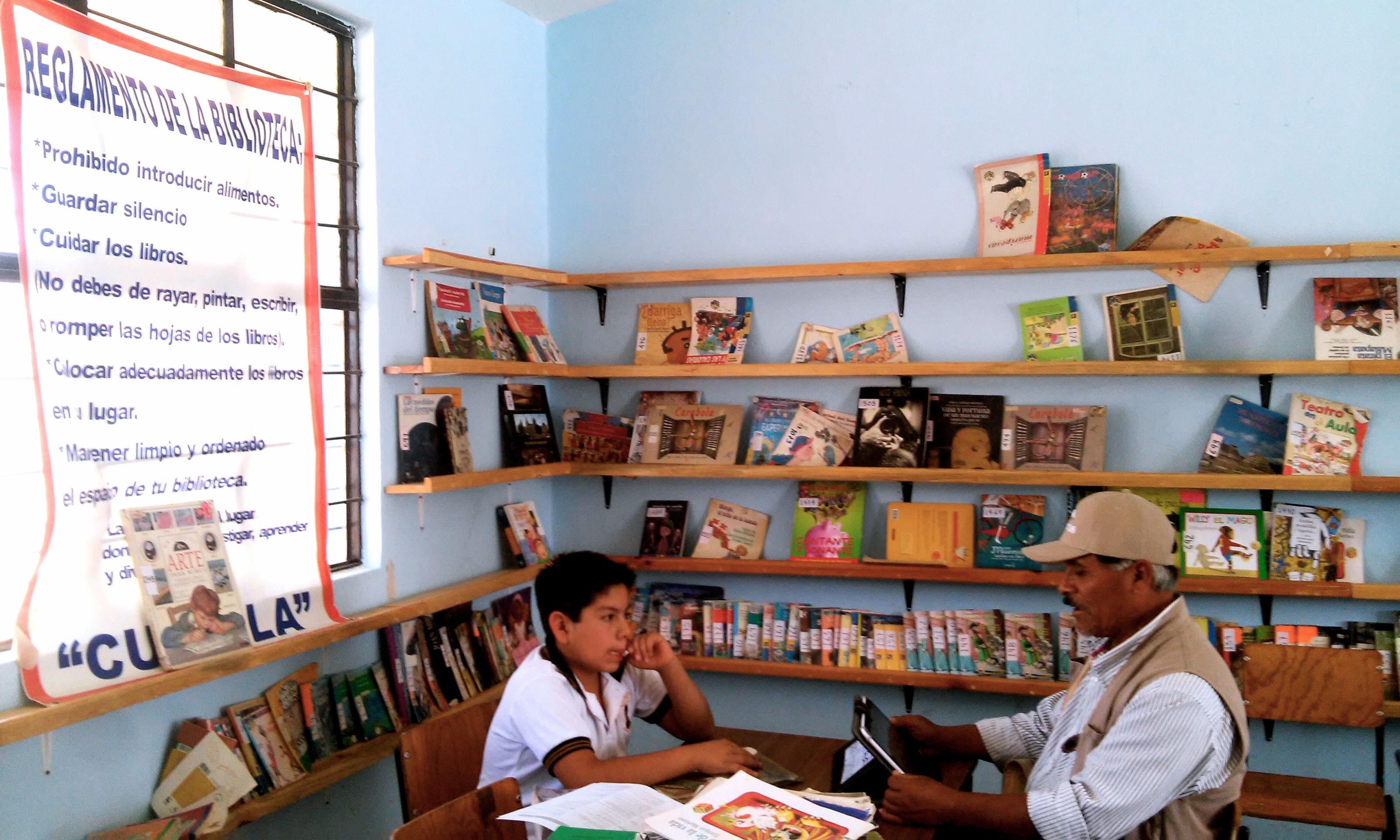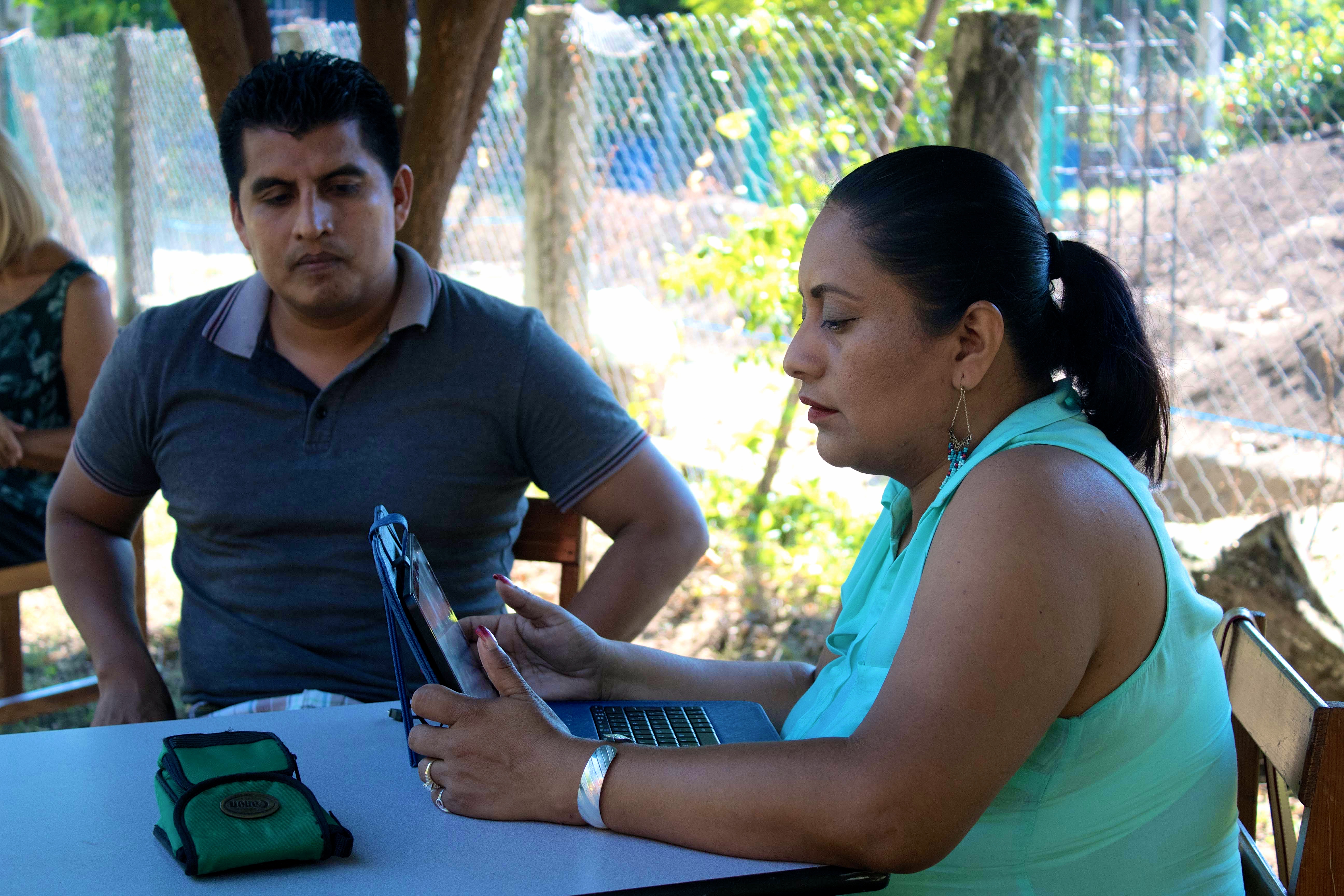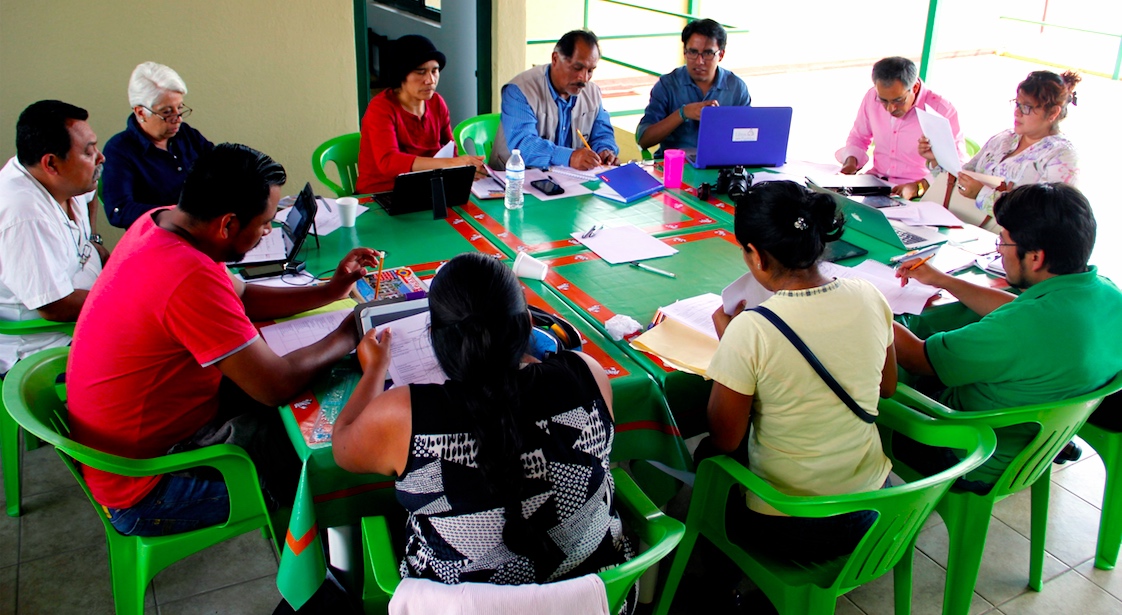Evaluation is an extremely insightful addition to planning in development initiatives, be it organizational, program, or strategic. But once evaluation insights are discovered, how can teams make use of these findings to improve?
By asking questions, setting goals, collecting relevant information, and reflecting on findings, evaluation processes can help teams of all kinds look at their endeavors with fresh eyes.
So, where’s the best place to start?
The Baseline Study
A baseline study can serve as a starting point for a team looking to learn and improve. Like a snapshot, a baseline study shows the status and circumstances of a project or population and works as a benchmark from which to measure impact into the future. Monitoring and evaluating (M&E), or measuring change over time, is very difficult without baseline data to make comparisons against.
Some examples of baseline data could include: the number of users of an organization’s service; the socio-economic situation of users; users’ perceptions of the service they use.
Most importantly, the intention of a baseline study is to understand the context of a project and how it’s operating.
Ideally a baseline study would take place at the beginning of a project or program. It establishes a “baseline” foundation for measuring impact in the future. However, it is never too late to lay the groundwork for evaluation and learning! Doing a baseline study a few years into operation is hugely beneficial for teams to learn more about their target population, evaluate organizational programming and processes, and find areas for improvement.
True Roots recently conducted a baseline study for Libros Para Pueblos, a Mexican nonprofit that partners with communities in Oaxaca, Mexico to establish lending libraries for children, provide free access to books and technology, and develop advocates for the joy and discovery of reading.
The goals of this baseline study were to:
- Gather valuable information about the status of the program at the time
- Gather data that would be used for evaluating program effectiveness, decision-making within the organization, and for grant applications
- Identify strengths, weaknesses, and areas for improvements in the organizational programming
- Establish a historical record to serve as a reference point from which to measure progress in the future
True Roots designed the data-gathering tools and chose software to fit the context of the organization. LPP works in many remote regions of Oaxaca state, so we chose an offline survey option. We provided training for all regional coordinators on the technology used for data gathering and interview techniques.
LPP made new discoveries about the users and usage of their services.
However, the results themselves were not the only important outcome of the baseline study…
Using Baseline Evaluation Results
A baseline study only benefits an organization when its findings are used to change and improve. This is called formative evaluation, or organizational learning.
When True Roots takes on an evaluation project to which learning is intrinsic, such as a baseline study, we encourage the project’s participants to think ahead about what will happen after the evaluation.
What might the next steps be? What is there beyond the baseline?
If there isn’t an “action” component after monitoring and evaluating, then undertaking M&E practices for your team is not very valuable.
Learning from evaluation can, and should, lead to action for improvement. We checked in with the LPP to see how they are making use of the baseline findings. According to the director of LPP, they are using the information to enhance their programs and decision making in the following ways:
- LPP is drawing on the findings of the baseline to establish priority areas in their 2019 strategic plan
- The baseline will serve as a guide for the team to carry out M&E of LPP’s programs in the future
- LPP now has access to data to present to the board, donors, and other funding sources
- The baseline uncovered valuable information that has already influenced organizational decision making
Based on baseline findings, LPP made a strategic decision for the team of regional coordinators to take a specialized training course. The regional coordinators are currently enrolled in this course to further enhance their skills as reading mediators.
Looking ahead, LPP will take into account certain key findings for future decisions. One key finding that will affect future program delivery decisions is that many users valued one offering (books) over another (technology services). The baseline also provided critical information that will allow LPP to improve their eligibility requirements for libraries seeking to join the program in the future.
True Roots aims to build a positive evaluation culture for teams to learn, make strategic decisions, and build resiliency.
So, as well as encouraging evaluation practices, we make sure through collaborative, inclusive participation, that our work with teams makes evaluation information usable and useful.
This way, we set teams up to fully realize the benefits of evaluation.

